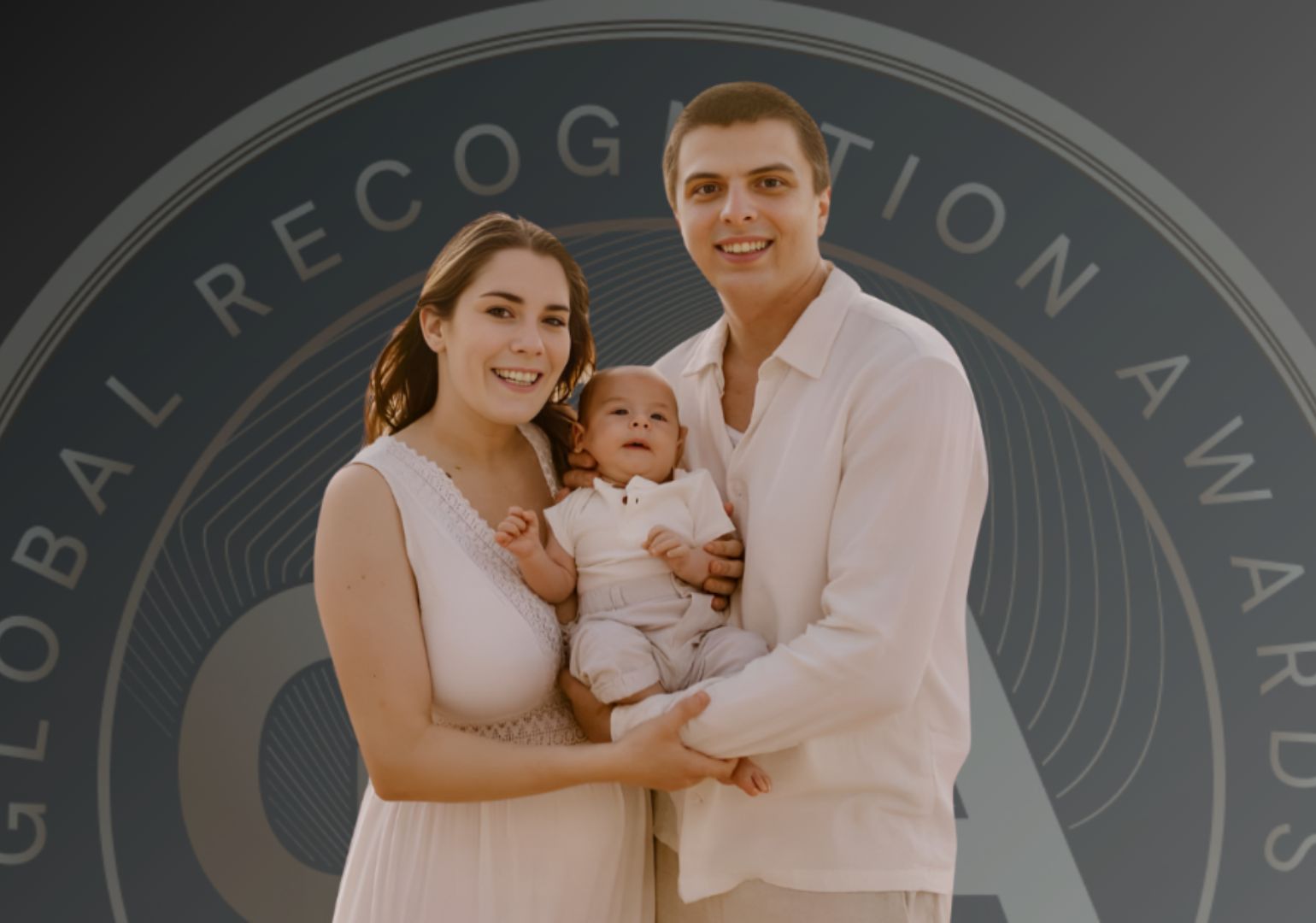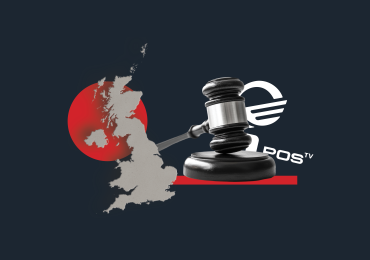On a crisp autumn morning in a community center in Toronto, Christian Brown, director of Indigenous Youth Services, watched as a group of teenagers shuffled in for their weekly therapy session. The air was thick with the weight of their struggles—each young person carrying the memories of a system that had failed them repeatedly.
For many, this was just another attempt to seek desperately needed help. For Brown, however, this scene symbolized the impact of empathetic and culturally sensitive mental health care.
As the founder of Indigenous Youth Services, Brown is reshaping the approach to mental health and support for at-risk youth in the United States and Canada. The organization’s mission is to provide a lifeline to at-risk youth whom traditional care models have let down. Indigenous Youth Services offers them a chance to heal within their homes and communities.
Transforming an Industry from the Inside Out
Indigenous Youth Services views it as not merely filling a gap in the system but redefining mental health support. “We have taken a drastically improved and humanistic approach to intervention and support,” Brown says, his voice tinged with passion and pragmatism. “Our goal is not just to treat the symptoms but to address the root causes, to bring families together rather than tear them apart.”
The mental health care industry in North America is vast, complex, and often overwhelmed by the sheer volume of need. In recent years, the conversation around mental health has shifted—what was once whispered behind closed doors is now discussed openly in classrooms, boardrooms, and political arenas. However, the systems supporting those suffering, particularly the youth, have struggled to keep pace with the growing demand for effective, accessible care.
Brown has given Indigenous youth hope. Through Indigenous Youth Services, he has broken new ground in healthcare by developing a model sensitive to local traditions while still meeting the modern demands of patients. He and his team have done remarkable work, primarily focusing on in-home support, placement, and virtual support, which put Indigenous youth in a familiar setting with their families while they get treatment.
Notable Achievements
One of Indigenous Youth Services’ most noteworthy achievements is the development of the A.I.M Method (Action, Intention, Motivation), a behavioral tracking and therapeutic intervention system that has already shown remarkable results. “We created and implemented the province’s most successful behavioral intervention methods,” Brown says.
The A.I.M Method has become a cornerstone of Indigenous Youth Services’ strategy, particularly in its ability to stabilize youth who have been labeled as “high-risk”—those who have cycled through multiple group homes, treatment centers, and psychiatric institutions without finding the support they need.
Indigenous Youth Services’ programs have helped keep families together, preventing the need for traditional group home placements, which often do more harm than good. “Our advanced in-home support approach has brought quality results directly to the home,” he explains. “This has kept families together and prevented placements into traditional group homes.”
This method has proven particularly effective for youth who have been transferred out of over 15 group home placements, treatment facilities, and psychiatric institutions—some of the “highest risk youth” in the nation. This is nothing short of extraordinary in a field where the separation of children from their families is all too common.
Given all these, it comes as no surprise that Indigenous Youth Services has added another feather to its cap in the form of a prestigious 2024 Global Recognition Award. It was a much-deserved recognition for the organization’s outstanding contributions to mental health and youth care support in Canada and the U.S.
A New Paradigm for Mental Health Care
Indigenous Youth Services has continuously pushed past limits in an industry that is frequently reluctant to adapt, both in terms of techniques and view of care in general. Its focus on culturally relevant treatment exemplifies how its work is anchored on the idea that mental health support should be as dynamic and diverse as the people it supports.
For the Indigenous youth, who often face a unique set of challenges—including historical trauma, systemic racism, and a lack of access to culturally competent care—the Indigenous Youth Services’ approach is a lifesaver. Brown notes, “Our method is designed to be adaptable, to meet the needs of each individual in a way that is both effective and respectful of their cultural identity.”
This adaptability is key to the method’s success, allowing it to be tailored to the specific needs of Indigenous youth, who are often underserved by traditional mental health care systems.
In addition to their direct work with youth, Brown and the organization have also made significant strides in education and training. They offer certification programs in the AIM Method, behavioral assessment and intervention, therapeuticinvestigations, and foster parent preparedness. These programs are designed to train professionals and empower them to think differently about care.
“Our training certification programs do not just impart knowledge,” Brown says. “They aim to change how we approach mental health care from the ground up.”
Brown’s thought leadership extends beyond the practice and is deeply embedded in his written work. As the author of several influential books—”Decoding Behavior,” “Grand Unified Theory of Human Behavior,” “Therapeutic Investigations,” and “Parenting with Purpose”—he provides a comprehensive overview of their methodologies and offers practical guidance for those working in the field. These works serve as both a reflection of his expertise and as valuable resources for professionals and parents alike.
A Legacy of Change
As Indigenous Youth Services continues to transform mental health care, its impact is felt far beyond the communities it serves. The organization’s work is a reminder that true change often comes from those willing to challenge the status quo, think differently about problems, and approach them with creativity and compassion.
Indigenous Youth Services is about to expand and serve more communities across North America. However, for Christian Brown, the ultimate goal remains the same: to provide a lifeline to those who need it most, to ensure that every young person, no matter their background or circumstances, has access to the care they deserve. He has shown that those challenges can be overcome with the right approach, and lives can be transformed.
“We are just getting started,” Brown says with a quiet determination. “There is so much more to do, and I am committed to seeing it through.” S










